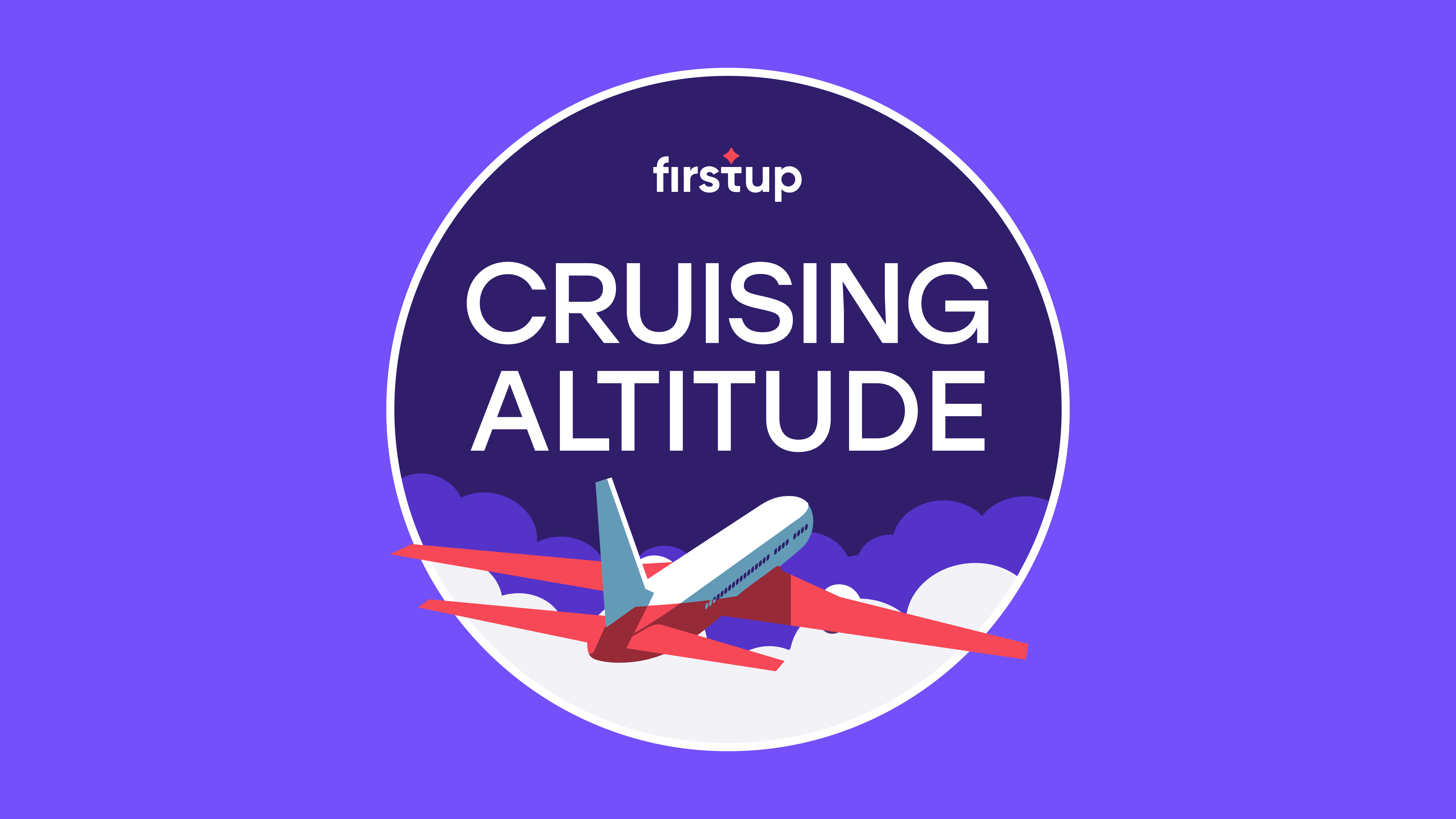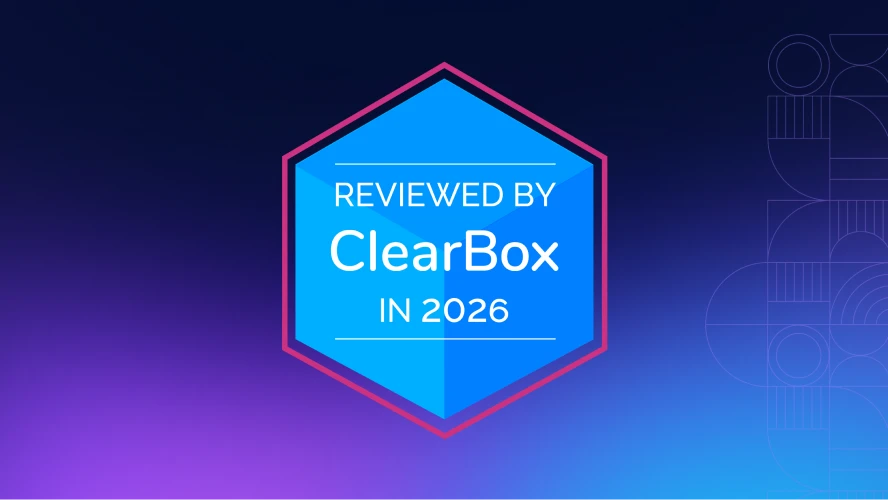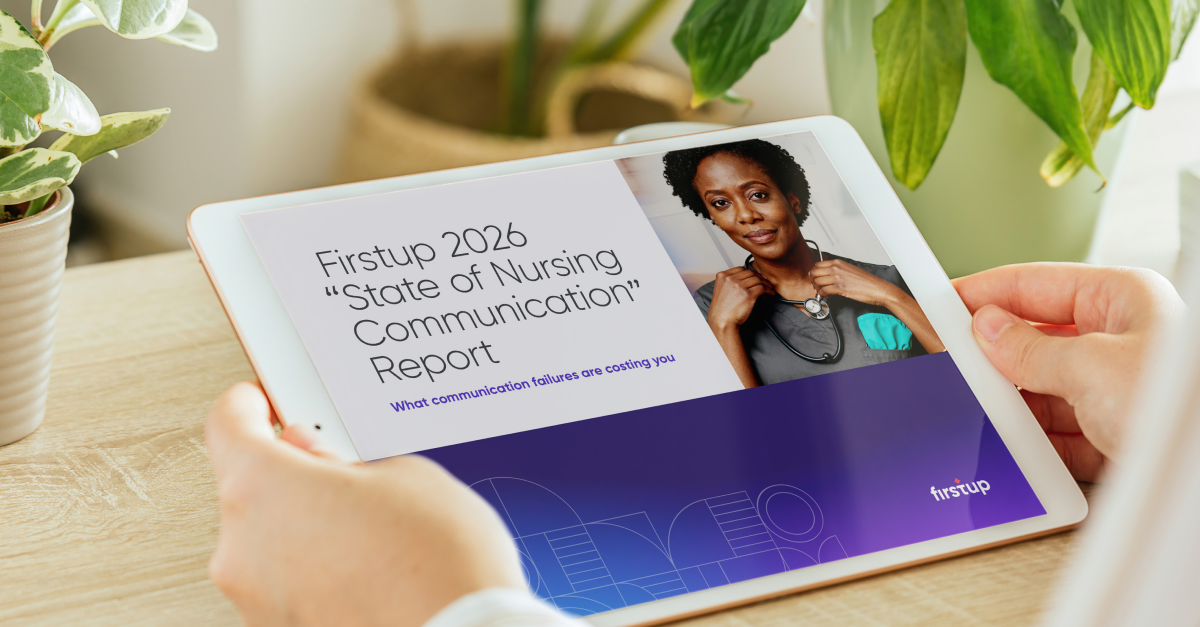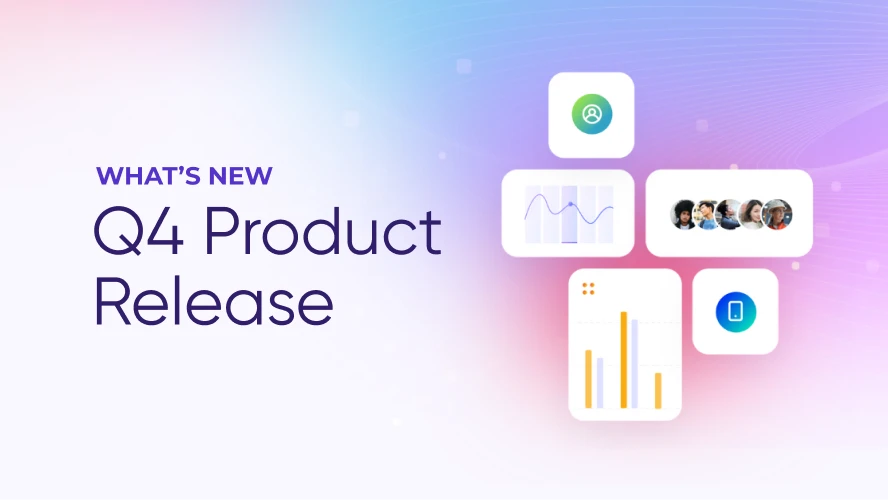“The expectations of employees are changing. We’ve got to understand what they are. And that’s only going to come from employee listening, from great data and analytics.”
Joey Wilkerson is Sr. Manager, M&A Employee Experience and Change Management at Cisco. And in this episode, host Nicole Alvino and Joey discuss strategies for fostering an engaging and purposeful workplace, focusing on internal talent movement, onboarding, and integrating new employees post-acquisition. Joey shares insights on creating a connected employee experience through personalization, leveraging AI, and aligning with Cisco’s culture. The conversation highlights successful practices in employee engagement, cultural integration, and future trends in employee experience.
“Employees are expecting a consumer-like experience. But we’ve also seen a more critical eye on privacy. And in order for us to create a consumer-like experience, it requires us to understand the behavior of the employee. Which may not be as private as some may expect.”
Listen in to hear
- Strategies for cultivating an engaging and supportive work environment, especially post-acquisition
- The role of AI in maintaining a hyper-personalized yet consistent approach to employee management across a global organization
- Insights into Cisco’s unique onboarding processes, internal talent movement, and employee listening
“We want to build an experience for employees that creates connection and belonging. Where they enjoy being part of our organization and coming to work. Where they can find success at Cisco.”
Related posts
Subscribe via Email
Subscribe to our blog to get insights sent directly to your inbox.

Sign up to receive the latest news and resources from Firstup
Firstup delivers personalized communication and data insights to improve the employee experience at every moment that matters




